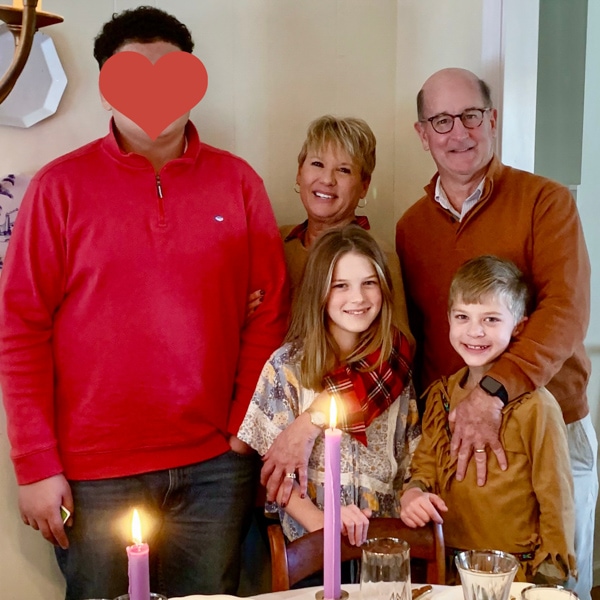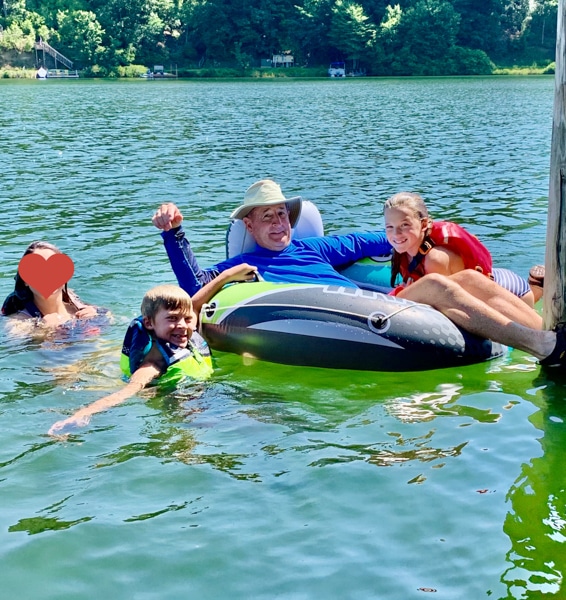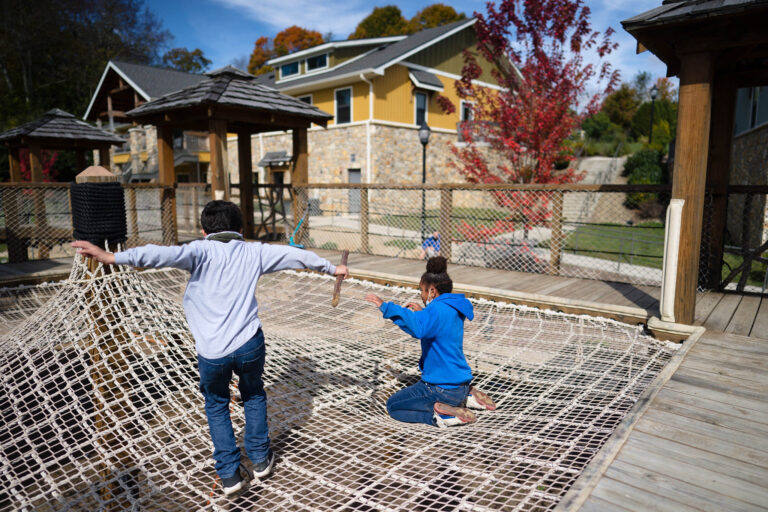Not everyone can provide full-time foster care to children in the system. But often, when realizing that limitation, folks stop there. They don’t delve deeper into what they could provide for a child in need. The possibilities are limitless – take meals, babysit biological children while parents take their foster children to appointments, provide gift cards to help with groceries, mow the lawn, do repairs around the house, volunteer to do the laundry. The list goes on and on. But one option is often overlooked. When Fred and Katrina Cantler decided they couldn’t provide full time care, they became respite foster parents.
Respite foster parents are fully licensed and provide short-term care (hourly, daily, weekly, weekends) to children in foster care. This allows the full-time family to get some rest, attend trainings or support groups, take a kidless vacation, or go out of town if the foster child is not allowed to travel with them. It’s exactly what it sounds like – providing respite to foster families (and usually super fun times to the children in care) for a short amount of time.
How it Began
Katrina is a former teacher of 30 years. Often she had a student who would have benefited so much if only they had had a stable adult in their lives. Foster care has been on her heart for a very long time. Fred and Katrina both have hearts for children and their development. They both understand that there is a need to help children who find themselves in the child welfare system, through no fault of their own. The Cantlers were licensed through a class Crossnore provided at their church, First United Methodist in Brevard. Covid hit, and they attended their last class via Zoom. With government and society slow downs, the rest of their licensing requirements took almost a year to complete.
But since they became licensed, there’s been no looking back. Kari Rogers-Thomas, Permanency Planning Casework in our Hendersonville office, says, “They not only do short respite but have done several extended respites. The Cantlers say yes all the time for almost every child we call them for. They have helped us in so many emergency situations and are our go-to family.”

Adventure is the Name of the Game
And Fred and Katrina wouldn’t have it any other way. Adventure is the name of the game when children, often teenagers, spend respite time at the Cantlers. They are intentional about the activities they plan for the children’s stay. Katrina says, “I’ve been on more bike rides, hikes, picnics, played more games, and danced to more music since providing respite… I’ve also eaten a scad more chocolate chip cookies. And what adult wouldn’t love having a reason to do all of those things?”
Respite care fits the Cantler’s life. Fred and Katrina love children. They are retired and have a safe home with extra bedrooms. And they have extra toys and sports equipment that their grandchildren use. “Every child deserves some type of normalcy in their life,” says Fred. “Every child deserves to feel loved. We have been able to provide care to a variety of children over time. Each with their own story and own challenges. But every one has been a joy.”

So Many Favorite Moments
Katrina has a hard time choosing just one or two of her favorite moments. She says she always learns something new with each child – how to play a new game or do a trick in the pool, discovers a new book or a new genre of music, or learns how to use acrylics. She talks of the time she taught a 13-year-old young man to make lasagna. Fred remembers that one too. “To see his eyes light up to be able to cook… but he also had so much joy when he completed making the dinner,” says Fred. “He now requests that I have all the ingredients for lasagna when he comes,” Katrina proudly states.
One time the Cantlers took a young lady for a day trip to the Biltmore House. She had never been before. When they got back home, she painted a masterpiece of one of the statues she had seen there. The Cantlers were so impressed. And then there was the five-year-old they took to the pool. As they walked through the gate, he looked up at Katrina. “Hey, Mom Lady,” he said, “I guess this is a good time to tell you… I just sink to the bottom.” The Cantlers still regularly chuckle about that one.
“Honestly,” says Katrina, “I could tell you something special about every child who has been in our home.”

Adjusting When Faced with Challenges
It’s not all fun and games though. Sometimes there are challenges. The majority of children in care have experienced trauma. And like any child, they are not perfect. “When a situation occurs,” says Fred, “sometimes you just have to take a step back and think about what the child has gone through and adjust how you support them. Sometimes we need to be firm. Sometimes we need to adjust our parenting techniques.”
Both Fred and Katrina say that providing respite care to children in foster care puts things into perspective. “I grew up in a pretty normal home,” says Fred. “I had a mother and father who gave me a lot of support and help developing as a child into adulthood.” The Cantlers know that the children they are privileged to serve need the same thing.
Individualized Attention and Intentionality
Since they only have the children for short amounts of time, the Cantlers focus a lot on individualized attention and intentional time. They want the kids to feel safe in their home, to know they are cared for, and to have lots of fun. But the Cantlers want full time foster carers to feel supported too. Fred and Katrina provide respite care, not just for the children, but in hopes that more people will become foster care providers. “If they know there are foster caregivers in the community who will readily provide them some respite, maybe more people will become foster parents,” says Katrina.
A Two-Way Blessing
The Cantlers have given much to the children they’ve cared for. But the kids have given so much to them too. They’ve taught them new things, shown them new adventures, and do their best to keep them young! The kids have grown in them more serious things too – like patience, unconditional love, and the ability to seek goodness in each person.
Foster care is about community – whether you are a full-time foster parent, provide short-term respite care, or find practical ways to support families doing this work day in and day out. Children need to have homes that are safe and stable while they wait on permanence. And full-time foster parents need to know there are respite providers out there who can give them a much-deserved break.
Maybe if full-time foster care doesn’t fit your life, becoming a respite foster care provider would. Anything worth doing comes with work and sacrifice. But most things worth doing also come with rewards and life-changing growth. Becoming a respite provider is no exception. Children need you. Foster families need you. And Crossnore is here to help you every step of the way.
To find out more about respite care, visit https://www.crossnore.org/foster-care-licensing.



